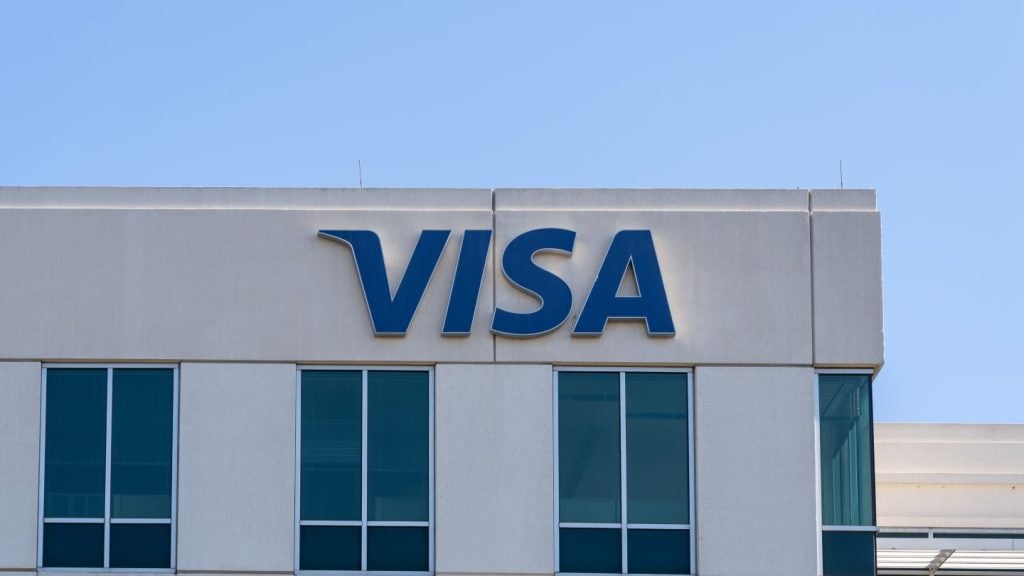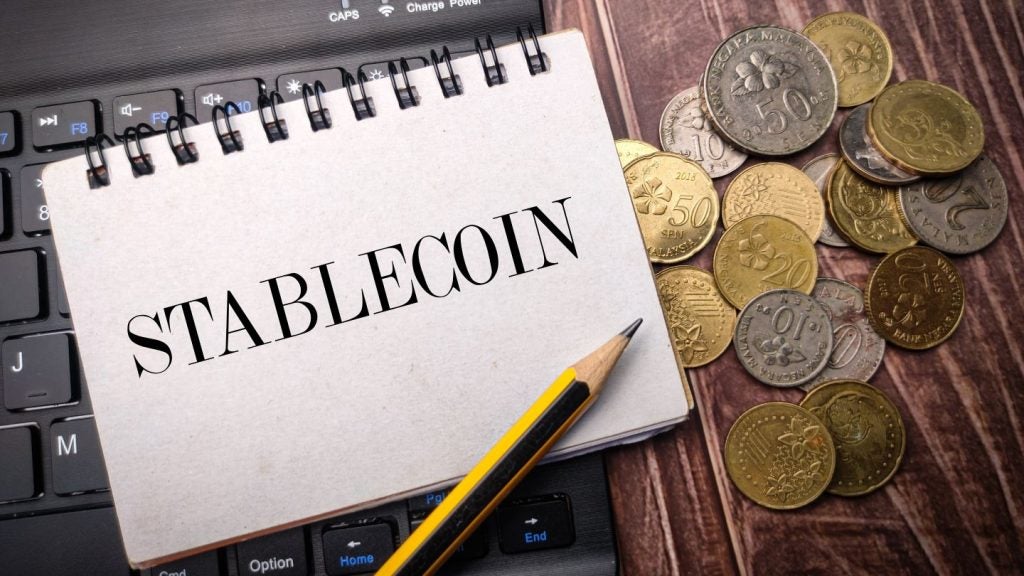
In April the UK’s Gambling Commission outlawed the use of credit cards to place bets. ConnectPay’s Agnė Selemonaitė believes the ban has brought new challenges for both consumers and businesses. Mohamed Dabo reports
As a result of the prohibition, bettors need to become accustomed to various payment alternatives, while gambling sites are challenged to expand the scope of their services.
That is according to Agnė Selemonaitė, deputy CEO at billing and payments solution provider ConnectPay. She argues that current changes in the industry will affect not only bettors’ spending habits, but also payment gateway providers, whch will be aiming to supply the market with both flexible and compliant solutions.
Extra layer of protection
The Gambling Commission said the ban is an important step forward in protecting the 10.5 million people who gamble online – with statistics showing that 800,000 individuals in the UK use credit cards to gamble.
Research also highlights that 22% of online gamblers using credit cards are problem gamblers, with even more suffering some form of gambling harm.
Announcing the ban, Gambling Commission CEO Neil McArthur commented: “This credit card ban will further protect consumers from financial harm, and from today, nobody in Great Britain can use a credit card to gamble. It is a ban that ultimately reduces the risks of harm to consumers from gambling with money they do not have.”
With the Covid-19 outbreak, some players may be changing their online gambling habits. The commission has, therefore, taken steps to remind consumers about how gambling operators should be keeping them safe when gambling online.
Risk mitigation and industry support
Selemonaitė acknowledges that every decision aimed at mitigating risk for consumers should be welcomed.
“That said, it is important that alternative solutions rolled out into the market should meet both vendor and consumer needs, but with added safety, while being compliant with the new measures.”
Selemonaitė also believes that regulators should develop solutions that benefit both consumers and the industry. “In order for business to welcome new measures, regulators need to stay focused on setting up such an environment that fosters the development of a holistic system and doesn’t hinder scaling opportunities,” she adds.
What are the alternatives?
“The operators’ commitment to enable clients to continue enjoying their favourite pastime while spending within reason led bettors to become accustomed with various other payment options,” Selemonaitė notes.
“Using a debit card is almost identical to using a credit card, with the main difference being that with the former, funds are taken directly from the chequing bank account rather than being charged to a line of credit to be paid for later.”
As Selemonaitė adds, this ensures that bettors themselves verify payments and help protect accounts from scammers.
“Many providers, such as ConnectPay, issue prepaid cards, which, unlike debit, are not linked to a bank account to draw money from. Instead, the customer is spending money that has been loaded onto the card beforehand. Prepaid cards are limited by default: one can only access the amount of funds that have already been vouched for.”
E-wallets
“Although the credit card ban extends to e-wallets, they can still be used for gamblingrelated payments, with the exception that the service does not support credit lending,” says Selemonaitė.
“Similar to prepaid cards, e-wallets require money to be loaded prior to any transaction. It is an appealing alternative, as it offers faster payouts and enables switching back and forth between different gambling sites with ease.
“Another method to deposit money is using a cryptocurrency such as Bitcoin. It provides total anonymity, as no personal details are shared with the site, making it one of the most secure alternatives. Although many do not understand the inner workings of the crypto industry, it remains a viable option for all tech-savvy betters.”
Selemonaitė continues: “Even though some may still be unconvinced about the necessity of the new legislation, it is shaping up to be a sound solution, which could lead to heightened industry transparency, as well as provide consumers with more payment options to choose from. However, its true impact on the industry will show only after some time.”
Response to rise in online gambling
Following the increase in online gambling during the coronavirus lockdown, the Gambling Commission has taken steps to improve consumer protection. These include:
- Highlighting the facilities offered by all UK gambling sites that allow users to set a limit on how much they can spend on that site;
- Partnering with Twitter to enable its users to limit the amount of gambling-related content that appears on their feed;
- Reminding individuals that they can ask gambling operators to exclude them from using a site for a stated period. All licenced gambling sites in the UK must offer this service, known as Gamstop, as of March 2020, and
- Increased monitoring of unlicenced nonUK gambling sites trying to reach a UK audience, with action as necessary.







